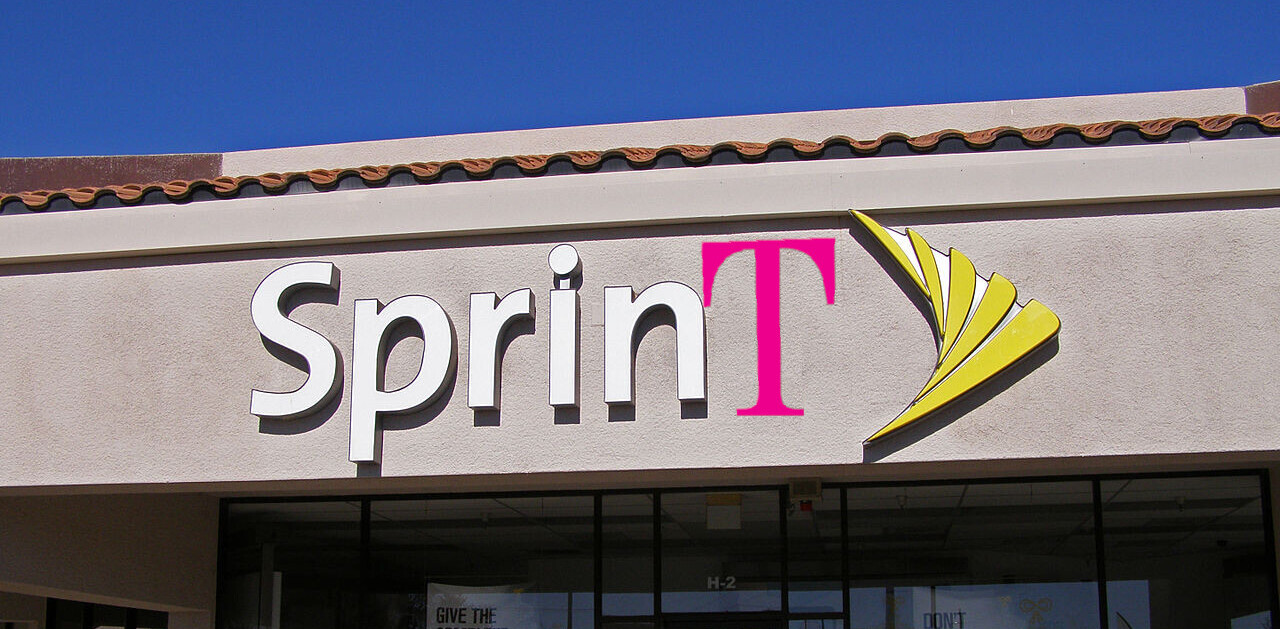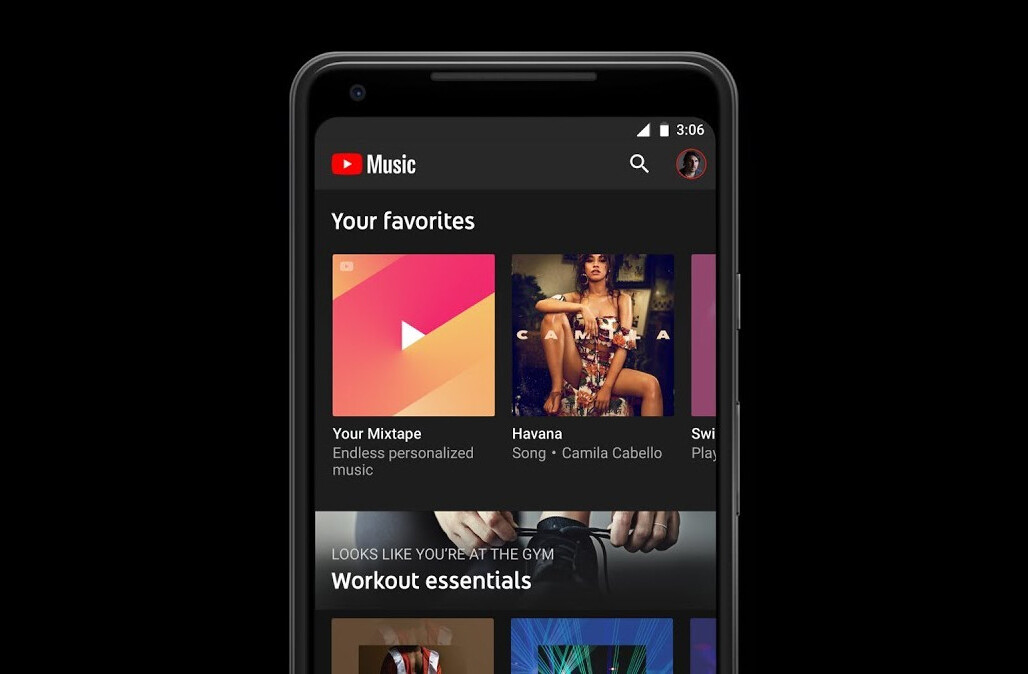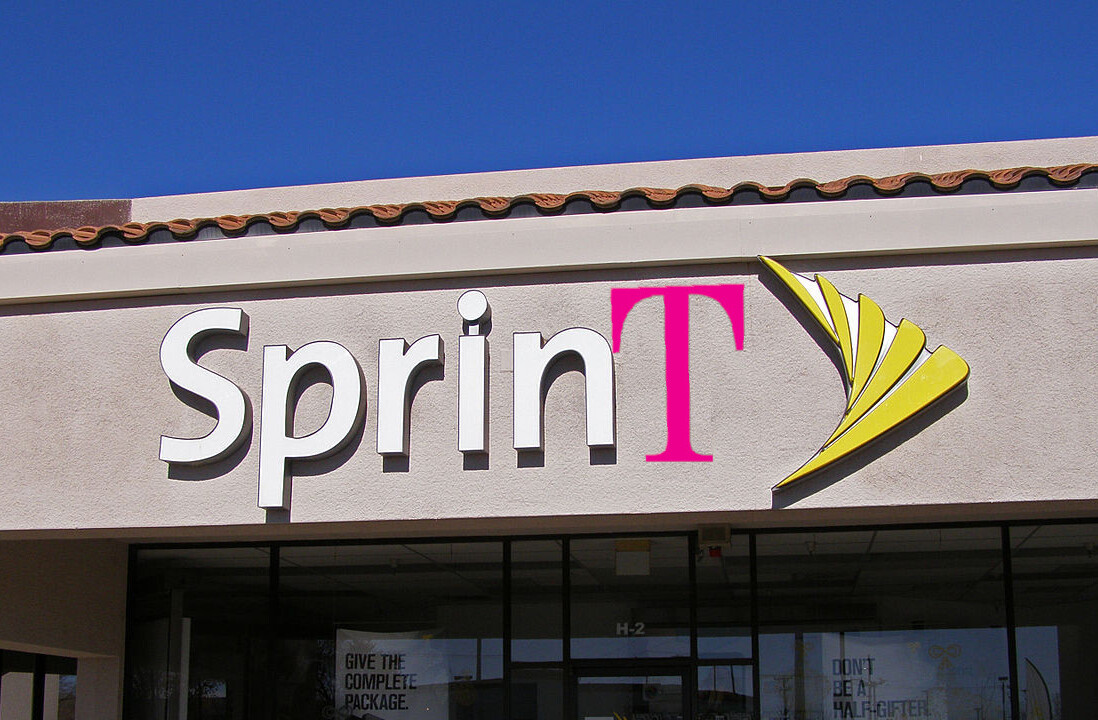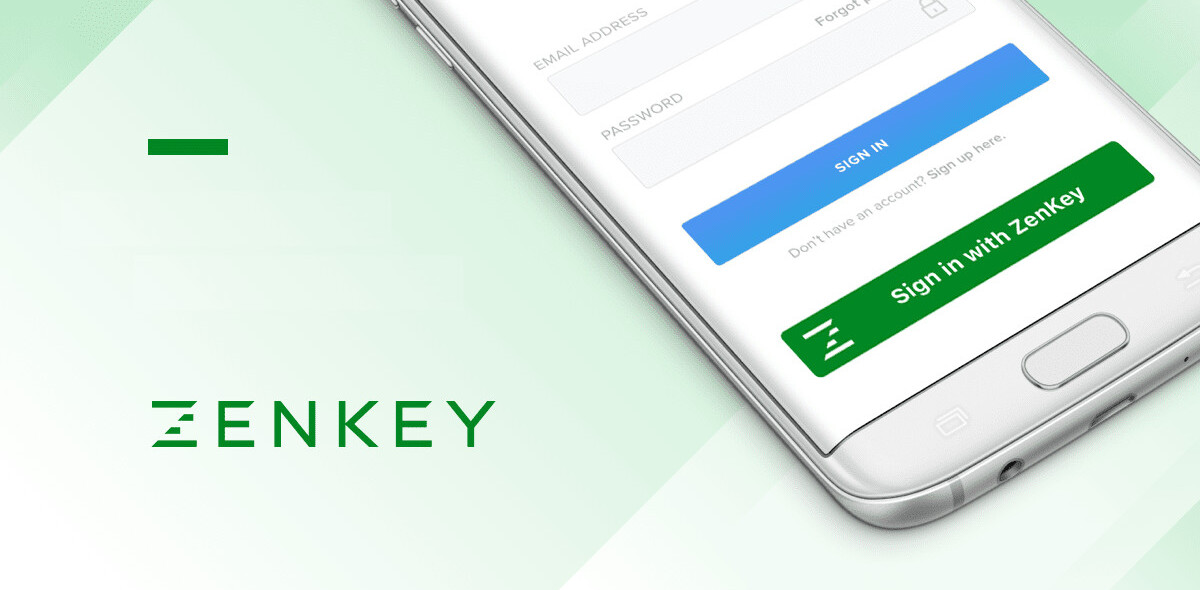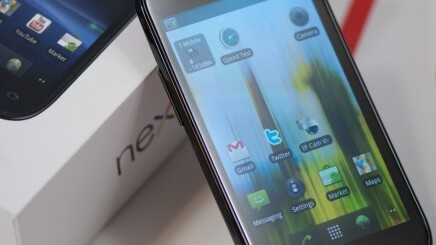
Verizon, T-Mobile and AT&T are joining forces to compete in the mobile payments space, pitting them against rivals like Google, reports Bloomberg. They plan to invest more than $100 million in a joint venture that will allow users to pay for items with a mobile phone.
The venture is called Isis and will focus on gathering partners including banks and merchants, which will be the key to allowing it to compete against other companies already in the space. The company already has partnerships with Visa, Mastercard, Discover and American Express.
The mobile payments market is set to explode, reaching some $670 billion by 2015 according to some estimates. This move is an effort by the carriers to get in relatively early on this so that they don’t lose out on the potential revenue stream by allowing OS makers to scoop it up instead.
If they can plant a flag now, setting a standard that works across all of their carriers, they stand to make inroads into the market before Google’s competing Google Payments service or a third-party like Square gains serious traction. If this were to happen, the carriers would lose out on a massive additional revenue stream just as many of the services that they have traditionally made a killing on are being compromised by features of mobile OSs.
A good example of this is the new messaging services popping up across mobile phones like Facebook’s cross-platform Facebook Messenger, Apple’s iMessage service and Google’s Huddle product. These are set to eat into the profits from text messaging, an uber-high-margin business that has proven to be a cash cow.
A significant investment on mobile payments now also demonstrates that carriers are scrambling for ways to keep from being relegated to the providers of ‘dumb pipes’. The carrier system is used to making money off of services by selling them in store and bundled into contracts. If these services were to be superseded by features of mobile OSs like Android and iOS, then all users will need is a data connection to bypass them.
The Isis product is on track to launch in a few ‘key’ markets like Salt Lake city and Austin in mid-2012, although they are said to be considering speeding up the timetable in order to make sure they compete directly with Google and others in mobile payments. AT&T is planning a merger with T-Mobile set to go through early in 2012 as long as the SEC approves the $39 bid.
This effort could be aided by pre-installing the Isis product on phones that are sold and subsidized by carriers, or forcing makers to build Isis tech into the phones from the factory. This kind of leverage is exactly the thing that Google was trying to avoid with its failed Nexus One experiment and what Apple managed to avoid by starting with one incredibly popular device and one preferred carrier and sticking to their guns on not allowing third-party partnerware to be installed on the iPhone.
Get the TNW newsletter
Get the most important tech news in your inbox each week.

